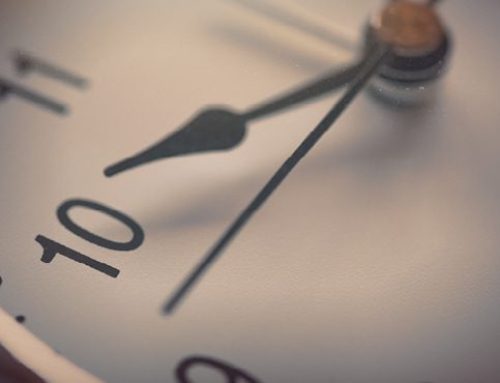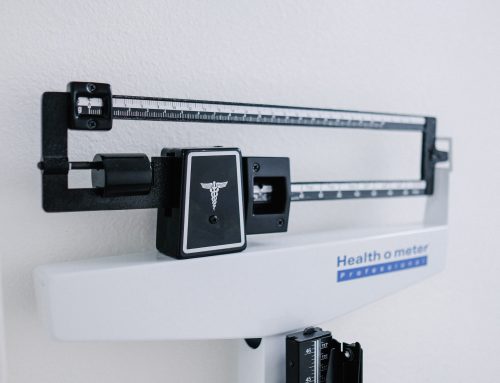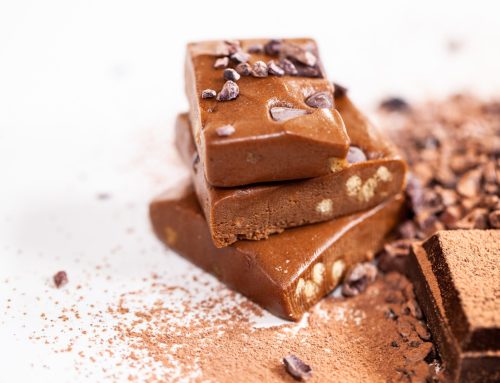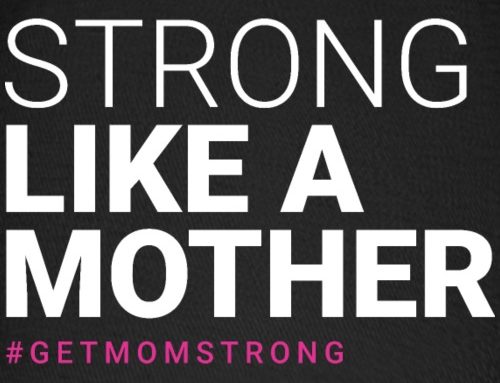Why do we sometimes find it so difficult to follow practices that we’ve known to have benefited us in the past? Or, why is it that people frequently tell me they’ve chosen to eat a certain food, even though they routinely feel physically ill after they’ve consumed it? These questions really perplexed me, so I decided to do a little digging into “change psychology.”
I’ve been listening to the audible book called “Better Than Before” by Gretchen Rubin. The book covers the four main personality types or tendencies: the upholder, the obliger, the questioner and the rebel. She goes into detail about how each of these personalities will respond to different motivating factors, when it comes to modifying their habits. Apparently, a given approach can be very effective for one person, yet fail the next person entirely.
I have also been listening to the audible book “Thinner, Leaner, Stronger” by Michael Matthews. The section that I found to offer something new was the chapter on willpower and self control. He suggests that our lack of awareness in our decision making can lead to defeat. For example, you struggle with eating treats at work and wish you could stop. You think day in and day out, “I’ll be better tomorrow, so I’ll just have this one treat today.” But upon reflection, you may realize that you have been saying this for weeks, months or years. You are assuming your future self will show more self control- without justification and without a plan to make this happen.
Some may call this a “reality check” moment. Sometimes the truth sucks. The good news is that recognizing your sub-conscious reasoning and acting on it can produce results.
General observations from this chapter that I’d recommend:
• Lack of will power and self control is reportedly the #1 obstacle people face when working towards a goal. It creates feelings of self sabotage, lack of control, and failure.
• Why is it so hard to resist being “bad!?” It’s physiological. Your brain secretes dopamine when it detects an opportunity for immediate gratification. In those moments, the chemical events in your brain push you to choose a quick, gratifying reward over the gratification of having met the goals you’d set. It’s a hard wired rewards seeking system in all of us.
• Willpower is a finite resource, The more you call upon it, the more it weakens and the likelihood of giving in increases. Don’t put yourself in situations that continually test your willpower- don’t, for instance, buy a 1/2 gallon of ice cream if you know it screams your name day and night. Go get an ice cream with a friend and enjoy it without having the leftovers.
• Increasing self awareness of your thoughts can lead to insights on what makes you “tick.” Those with more willpower, do better in school, make better leaders, are more successful in their romantic and social lives and careers, and are more happy, healthy, and less stressed.
• Arch enemy of willpower = stress
- Stress comes in two forms- 1.Everyday living situations and 2. The effect of your brain being bathed in dopamine when you’re trying to resist temptation. YOU become the stressor to your body in that instance, because YOU are threatening to not give your brain what it wants. What do you turn to when you’re stressed? Comfort food maybe? What happens when you eat that? Feel good chemicals temporarily and then the guilt, which is a stressor. Repeat from the beginning and get more frustrated with yourself. How can we manage stress to help the above situation?
- Take deep breaths, in through your nose and out through your mouth. Slow your breathing down. Wait 10 minutes before deciding to give in to temptation. Try to do something that will help calm you down: go outside for a quick walk around, do a yoga pose, listen to music, call a friend, visualize a favorite place or the reward you’d see if you followed your plan, look at pictures, do some pushups or squats. Use these actions even when your not stressed (as prevention). Become more conscious of triggers for avoidable stressors, to build up your willpower reserve.
• Exercise = improved self control. Exercise is proven to be one of the most effective ways to increase your resistance to stress. Even 5 minutes a day of low intensity exercise outdoors, has proven to be effective.
 My office is open for in-person and virtual appointments. Here is the
My office is open for in-person and virtual appointments. Here is the 




Hi Marit,
Stress knows no bounds or age barrier. Folks need more education on recognizing and managing stress levels, starting at a young age. Real education, not just words. This is one reason why your work is so important ;-))